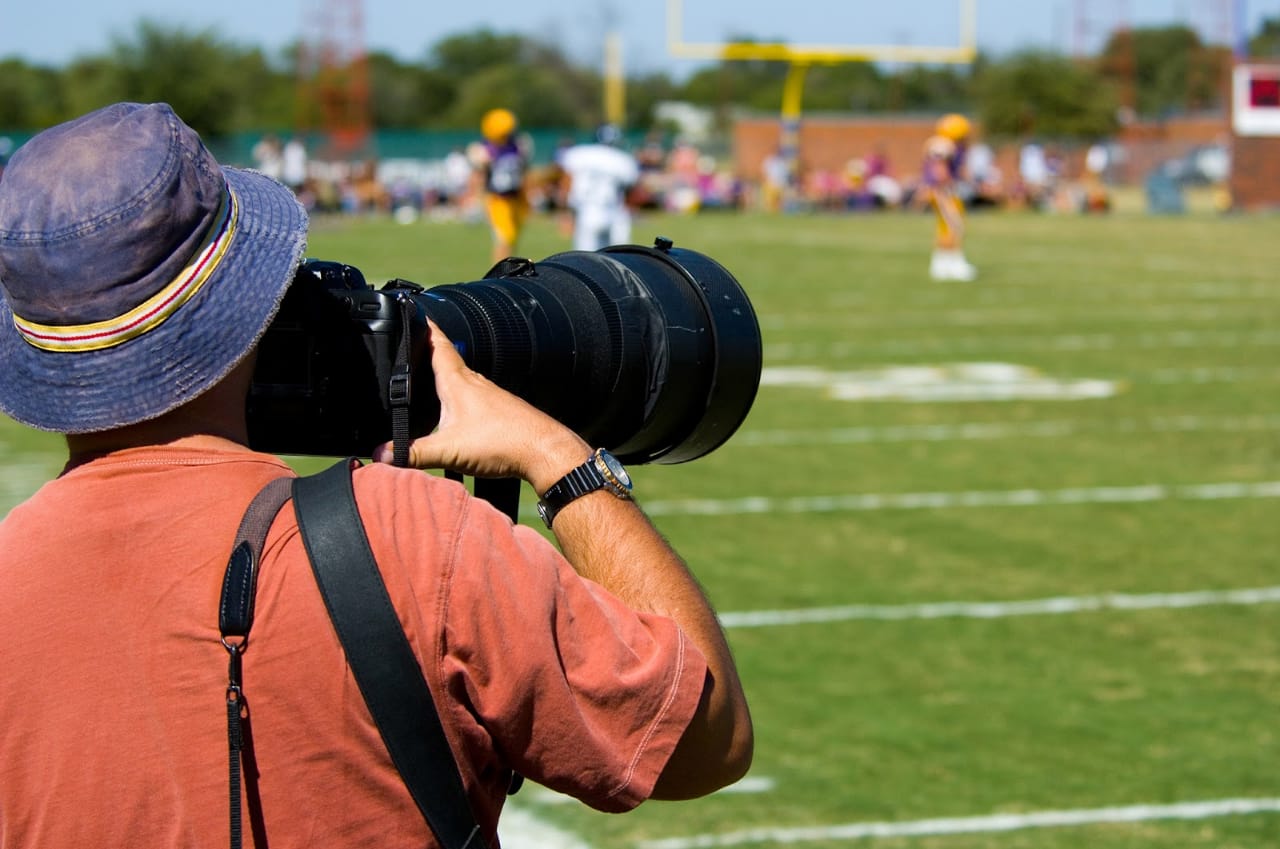The art of sport photography involves capturing dynamic moments in sports events through the lens of a camera. It requires skill, timing, and creativity to freeze action-packed scenes into stunning images that tell a story and evoke emotions. To excel in sport photography, one must understand the sport being captured, anticipate key moments, and master the technical aspects of photography such as shutter speed, aperture, and composition.
Understanding Sports
Understanding the sport you are photographing is crucial to capturing the most compelling moments. Each sport has its unique dynamics, rules, and key moments that a photographer needs to be familiar with to anticipate and capture effectively.
Equipment and Technique
Sports photography requires the right equipment: a camera with fast autofocus, a backup camera, and various lenses for different perspectives. A telephoto zoom lens is a must-have for many sports to capture shots from a distance where getting close is not possible. Additionally, high-speed memory cards are essential for effectively using burst mode. Learning the technical aspects of photography is critical to success in sports photography. Understanding concepts such as shutter speed to freeze motion, aperture to control depth of field, and ISO settings for low-light situations can help photographers create impressive images.
Composition and Lighting
Composition plays a significant role in sports photography. Framing the subject, using leading lines, and capturing decisive moments can elevate a sports image from ordinary to extraordinary. Lighting conditions can vary greatly in sports venues. Learning how to work with available light or supplementing it with artificial lighting can make a significant difference in the quality of sports photographs.
Editing
Event photography thrives on capturing candid moments that reflect genuine emotions and interactions among attendees. Be observant, anticipate key moments, and use your creativity to document the essence of the event authentically.
Ethics
Ethical considerations are important in sport photography. Respecting athletes’ privacy, obtaining necessary permissions, and adhering to event guidelines are crucial aspects that every sport photographer should uphold.
In conclusion
Mastering the art of sports photography requires a combination of technical skills, creative vision, and a deep understanding of the sport being captured. By honing these skills and practicing continuously, photographers can unleash their creativity and create captivating images that showcase the beauty and intensity of sports. Of course, one must not forget about good photo equipment; sports are fast-paced, and the equipment must enable the capture of clear, sharp pictures regardless of the dynamics.


